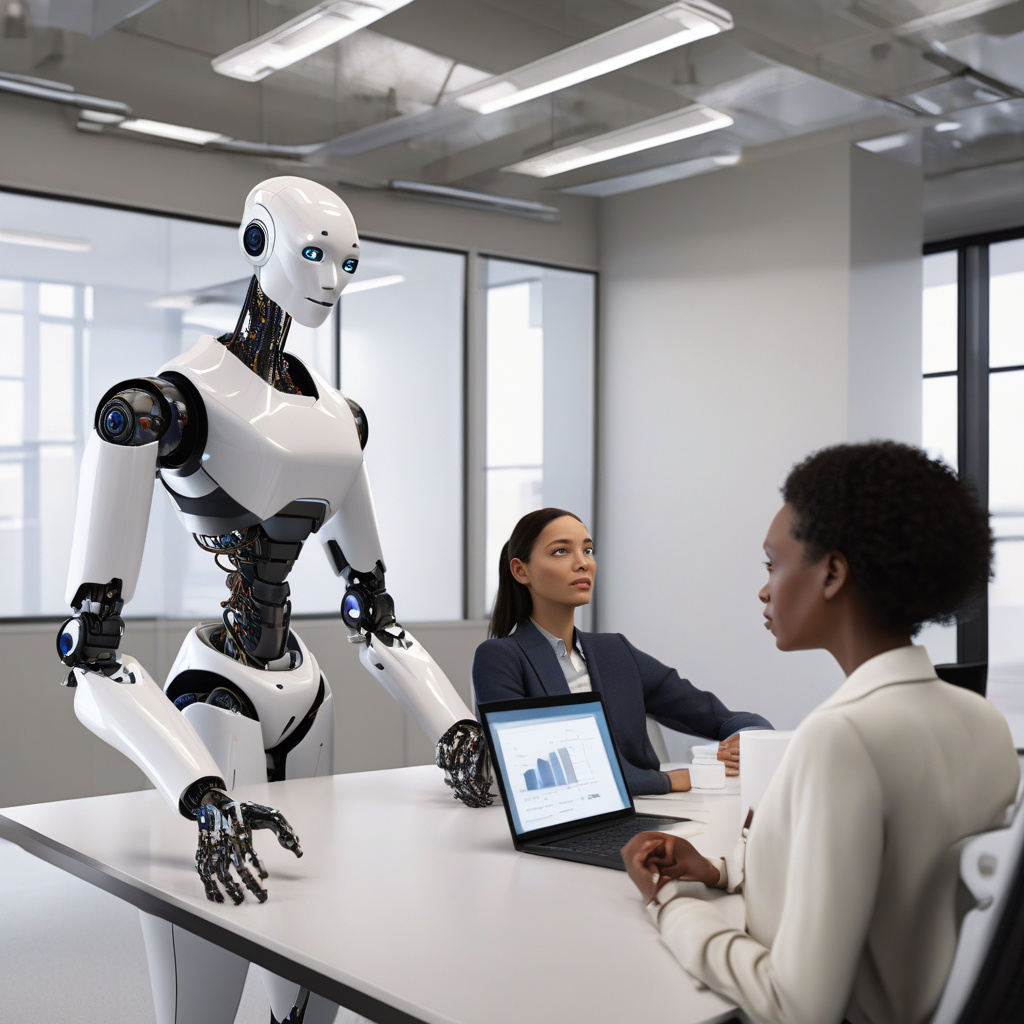AI Bots Are Taking Your Meetings For You
In the ever-evolving landscape of digital technology, the rise of AI bots in the workplace has become a game-changer, particularly when it comes to scheduling and attending meetings. With the introduction of always-on AI that can seamlessly interact with colleagues, clients, and contacts, tasks such as setting up meetings, sending out reminders, and even participating in discussions are now being delegated to artificial intelligence.
While this advancement may seem like a time-saving solution for many professionals, it also raises fresh privacy concerns in the workplace. The idea of AI bots actively participating in meetings, whether virtual or in person, brings up questions about data security, confidentiality, and the boundaries between human interactions and machine involvement.
One of the primary concerns surrounding the use of AI bots in meetings is the potential risk of sensitive information being accessed or shared without proper authorization. As these bots become more sophisticated in their ability to interpret and respond to conversations, there is a growing need to ensure that data protection measures are in place to safeguard confidential discussions.
Moreover, the use of AI bots in meetings blurs the lines of accountability and responsibility. Who is liable if sensitive information is leaked during a conversation facilitated by an AI bot? Can these bots be trusted to adhere to the same standards of professionalism and discretion as human attendees? These are critical questions that organizations must address as they integrate AI technology into their daily operations.
Another aspect to consider is the impact of AI bots on the overall dynamics of a meeting. While these bots are designed to streamline communication and enhance productivity, there is a risk that they may disrupt the natural flow of conversation or misinterpret social cues, leading to misunderstandings or miscommunications. Building trust and rapport with colleagues and clients is an essential aspect of successful meetings, and the presence of AI bots may hinder the development of these crucial relationships.
Despite these challenges, there are undeniable benefits to incorporating AI bots into meeting processes. By automating routine tasks such as scheduling, note-taking, and follow-ups, human participants can focus on more strategic aspects of the discussion, leading to more productive and efficient meetings. AI bots can also provide real-time insights and data analysis during meetings, enabling faster decision-making and problem-solving.
As organizations navigate the complexities of integrating AI bots into their meeting strategies, it is essential to establish clear guidelines and protocols to address privacy concerns and ensure ethical use of this technology. This includes implementing robust data security measures, defining the roles and responsibilities of AI bots, and providing training to employees on how to interact effectively with these digital counterparts.
In conclusion, while the use of AI bots in meetings presents exciting opportunities for streamlining processes and enhancing productivity, it also brings forth new challenges related to privacy, accountability, and interpersonal dynamics. By approaching this technology with careful consideration and a proactive mindset, organizations can leverage the benefits of AI bots while mitigating potential risks, ultimately leading to more effective and successful meetings in the digital age.
AI bots, meetings, workplace, privacy concerns, data security
